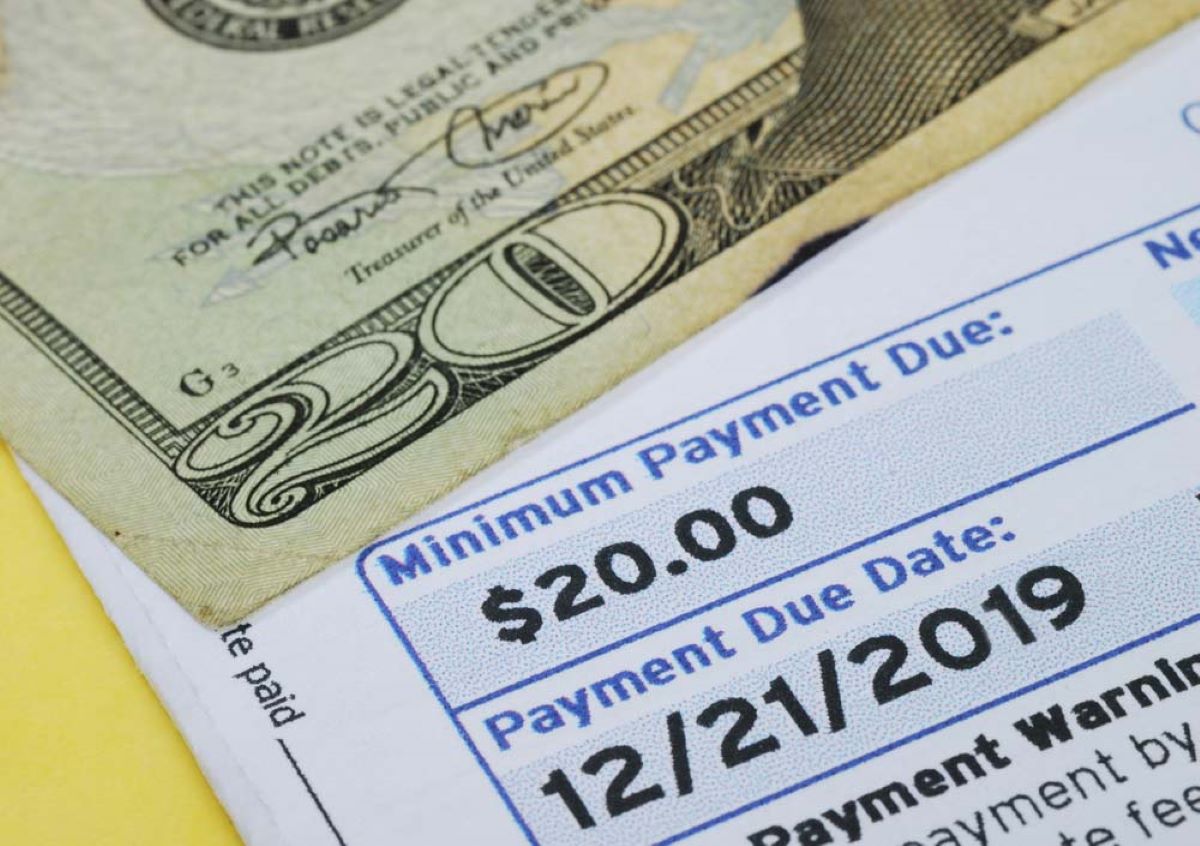Home>Finance>Capital Gains Yield: Definition, Calculation, And Examples


Finance
Capital Gains Yield: Definition, Calculation, And Examples
Published: October 22, 2023
Learn about the definition, calculation, and examples of capital gains yield in the field of finance. Understand how to determine the profitability of your investments.
(Many of the links in this article redirect to a specific reviewed product. Your purchase of these products through affiliate links helps to generate commission for LiveWell, at no extra cost. Learn more)
Mastering Capital Gains Yield: Definition, Calculation, and Examples
Finance is a broad and complex subject, but understanding key concepts is essential for managing your money effectively. One such concept is the capital gains yield, an important metric used to assess the profitability of an investment. In this article, we will delve into the definition, calculation, and examples of capital gains yield, empowering you with the knowledge needed to make informed financial decisions.
Key Takeaways:
- Capital gains yield measures the return on an investment considering only the appreciation of the asset’s value.
- It is calculated by dividing the change in the asset’s price by its original price and multiplying by 100.
Understanding Capital Gains Yield
Capital gains yield is a valuable tool for investors to evaluate the profitability of an investment. Once you comprehend this concept, you will gain insights into the returns on your investment that go beyond dividends or interest earned.
So, what exactly does capital gains yield mean? Simply put, it measures the increase in the value of an investment over a certain period. It focuses exclusively on the rise in the asset’s price, ignoring any other income generated by the investment.
Calculating the capital gains yield enables investors to determine the percentage increase or decrease in the value of their investment. By understanding this measure, you can assess the performance of your assets more effectively and potentially make more informed financial decisions.
Calculating Capital Gains Yield
To calculate the capital gains yield, you need two key data points: the original price of the asset and its current price. Luckily, the formula is straightforward:
Capital Gains Yield = (Current Price – Original Price) / Original Price * 100
Let’s clarify this formula with an example:
- Suppose you purchased shares of XYZ Company for $50 each.
- The current market price of the shares is $60.
- Using the formula, we can calculate the capital gains yield:
(60 – 50) / 50 * 100 = 20%
In this case, the capital gains yield is 20%, indicating that the investment has appreciated by 20% since its purchase.
Real-World Examples of Capital Gains Yield
Let’s explore a couple of real-world examples to further illustrate the concept of capital gains yield:
- Real Estate: Imagine you purchased a rental property for $200,000 and sold it a few years later for $250,000. Using the capital gains yield formula, we can calculate the percentage increase:
(250,000 – 200,000) / 200,000 * 100 = 25%
Here, the capital gains yield is 25%, indicating that the value of the property has increased by 25%.
- Stock Investments: Consider you invested $5,000 in a tech company’s shares, and over time, the value increased to $7,500. Using the formula:
(7,500 – 5,000) / 5,000 * 100 = 50%
In this example, the capital gains yield is 50%, suggesting a substantial growth of your investment.
Final Thoughts
Understanding capital gains yield is crucial for investors looking to gauge the profitability of their investments. By focusing solely on the appreciation of an asset’s value, you can gain valuable insights into its performance. Armed with this knowledge, you can make informed financial decisions and potentially maximize your returns.
In summary, capital gains yield:
- Measures the increase in the value of an investment.
- Is calculated by dividing the change in price by the original price and multiplying by 100.
So, take control of your financial future and master the concept of capital gains yield today!














